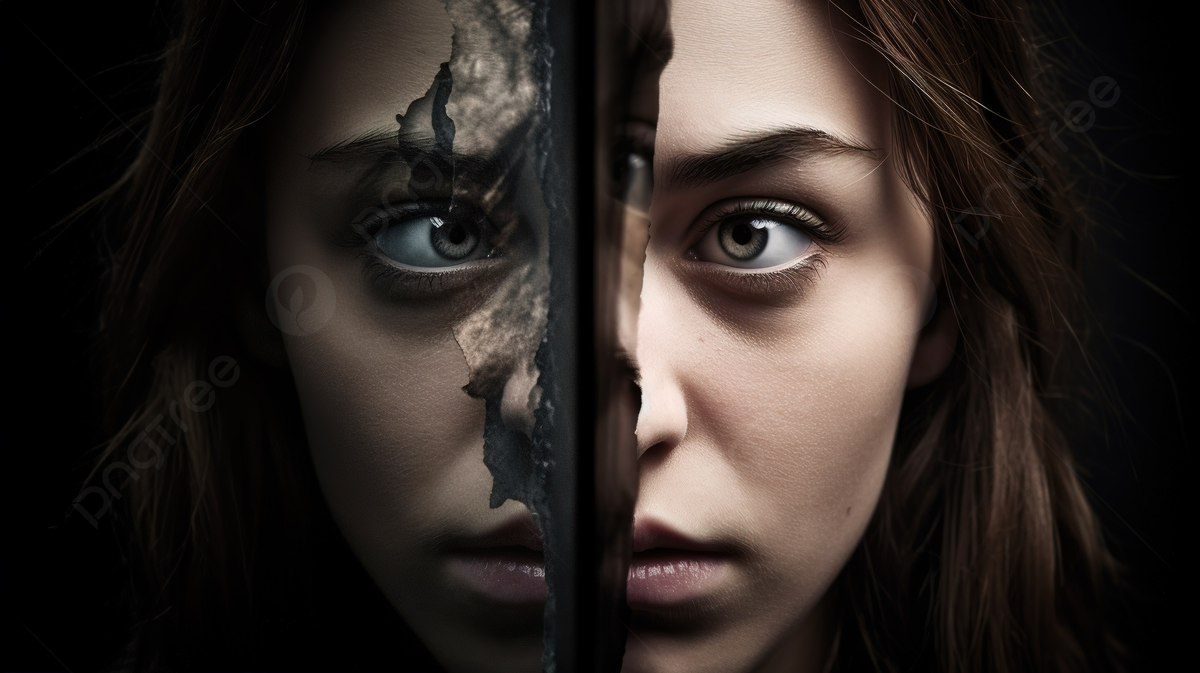Not only is depression difficult to treat, but it increases the risk of dementia and heart disease. Adults may have depressive symptoms for a variety of causes. It is a good idea to discuss any mood or cognitive problems you are having with your doctor or seek the advice of a mental health specialist in order to determine the cause. Major depressive disorder, persistent depressive disorder, and other four forms of depression are the most frequent.
Major depression
Major depression, the traditional kind of sadness, is characterized by an overwhelming sense of gloom and a loss of interest in most activities, including those that are often enjoyable. This kind of depression manifests as difficulty sleeping, changes in weight or appetite, fatigue, and a sense of worthlessness. Suicidal or death-related thoughts are possible. Typically, medication and psychotherapy are used to treat it. Electroconvulsive therapy may be useful for certain patients with severe depression for whom psychotherapy or antidepressant medicines are ineffective.
Persistent depressive disorder
This kind of depression, formerly known as “dysthymia,” is characterized by a poor mood that lasts for at least two years but may not reach the intensity of major depression. While many with this kind of depression are able to go about their daily lives, many spend a lot of time feeling depressed or hopeless. Changes in eating and sleep patterns, low energy, low self-esteem, or hopelessness are some other symptoms of depression.
Bipolar disorder
Depression episodes are experienced by those who have bipolar disorder, formerly known as manic-depressive illness. However, they also have times when they are exceptionally active or energetic. Manic symptoms resemble depressive symptoms in reverse: exaggerated beliefs, an irrationally high sense of self-worth, a decreased need for sleep, faster thinking and movement, and an increased pursuit of pleasure through excessive spending, risk-taking, and sex binges. Although manic episodes are exhilarating, they are usually fleeting, might result in self-destructive behavior, and are typically followed by a depressive episode. Although bipolar disorder medications are not the same as those for other forms of depression, they can be quite helpful in bringing a person’s mood under control.
Seasonal affective disorder
As the days grow shorter in the fall and winter, this kind of depression appears. Changes in the body’s regular daily cycles, in the sensitivity of the eyes to light, or in the activity of chemical messengers such as melatonin and serotonin could be the cause of the mood swing. The most popular kind of treatment is light therapy, which entails regular sessions spent near a particularly bright light source. Psychotherapy and medicine, which are the standard therapies for depression, might also work well.

